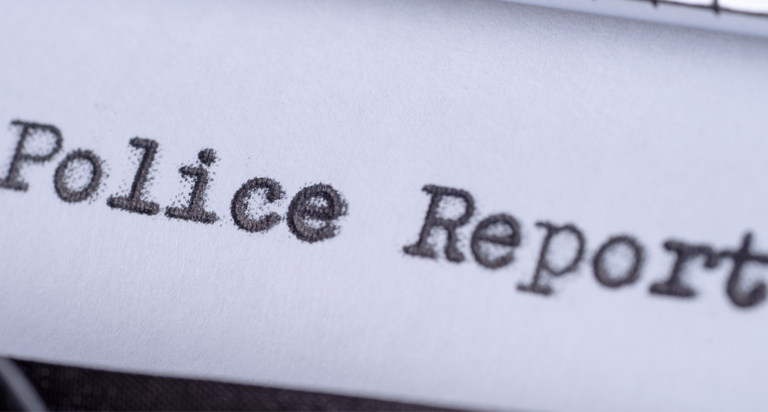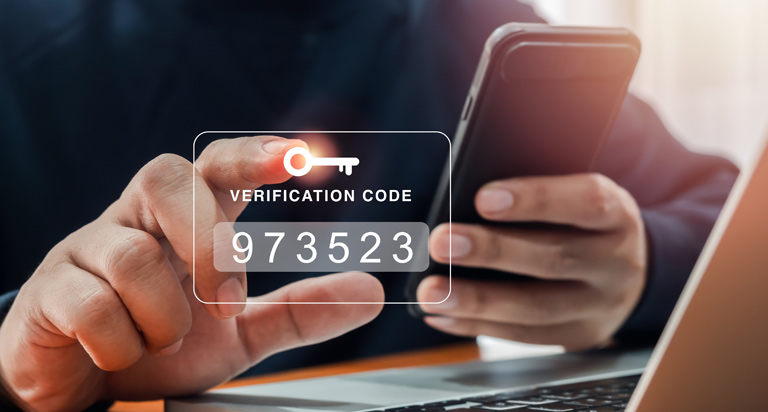New Scams Put Identity at Risk


Highlights:
- Times and situations that involve crises are ripe for scammers because people are more vulnerable and distracted.
- New scams evolve constantly so it is important to not rely on what you think you know. Develop good identity protection habits.
- Verify all information requests, whether it's for assistance, information, or asking for donations.
- Be alert to questionable charges on your credit or bank statements, or uncertain updates to your credit reports.
- Scammers have also added package delivery scams to their attempts so it is important to increase your identity theft protection habits.
During times of need and crisis, scam artists add new scams to take advantage of both the vulnerable and those trying to help. Federal, state and city governments have taken steps to provide financial help to Americans during times of health, economic, and natural disaster events. Unfortunately, some bad actors use the relaxed eligibility requirements for state and federal aid to unleash new scams, stealing the identities of the people who most need help.
Watch out for these new scams making the rounds:
Scam #1: Scam Artists Impersonating Government Agencies
It's difficult to know who is really behind the email or phone call you've just received. In fact, the FBI's Internet Crime Complaint Center (IC3) has reported a rise in fake emails purporting to be from the Centers for Disease Control and Prevention or other organizations claiming to offer information and services during recent health emergencies.
The FBI warns not to click links or open attachments from senders you do not recognize, as those actions can unlock malware and allow scammers to either steal personal information or lock your computer and demand payment. Consumers should also be wary of visiting websites or using apps claiming to track worldwide issues and events, as criminals are using these portals as a way to deliver malware to phones and personal computers.
Scam #2: Delivery Scam
If you're older or if you're taking care of someone who is, you may need to have items like groceries or necessary medications delivered to your door. Ordering from a trusted source online is a safe way to go, but beware if someone you don't know well offers to help.
Some scammers may offer to purchase and deliver your supplies, but never return with the promised items while taking off with your money. This is one type of delivery scam. As a general rule, it's safer to ask for help from a friend or family member or to use a trusted delivery service.
Another type of delivery scam is the package delivery scams. In this type of delivery scam, you may receive an email or text about your delivery, where you have to click a link and input a fake tracking number or reply to provide more information. This is where identity theft protection habits help. For instance, UPS® and FedEx® delivery scams include when scammers send texts and ask to update your information or change your delivery address. If you have a question about a package delivery, go to the site directly—such as UPS or FedEx. Don't reply to emails and texts.
Scam #3: Waylaid Donations
Donating to aid organizations such as your local food bank or hospital can help make a difference to those in need, but make sure your money is going where you intend it to. Sadly, the FBI has noted an increase in phishing emails that ask consumers to make donations to local hospitals and charities that are fake.
Protect yourself by researching your charity of choice before opening your pocketbook. Don't make a donation in cash, by gift card or by wiring money, as these are common ways scammers ask for money. Verify legitimate charities at givewell.org or charitynavigator.org and visit the Federal Trade Commission's website for more information on how to avoid donation scams. Never click on any links or download any information from an email sent by someone you don't know personally as it could be a scam artist pretending to be someone with the charity.
Scam #4: Zoom® Scam: Fake Zoom Invitations
Bad actors can prey on those working remotely by sending fake Zoom invitations to bogus online meetings in an attempt to steal passwords. Pay attention to the wording of the messages you receive. If someone “demands your presence” or threatens to terminate you if you don't attend, chances are it's a scam. Make sure any video conference invitations you accept are coming from someone you know at your organization.
If you do click the link in a bogus message, you'll generally be directed to a webpage that looks similar to a legitimate Zoom meeting screen but, in reality, it's a Zoom scam, a page designed to get you to input your email password. Carefully review any messages sent from unfamiliar accounts and the webpages of any links you open. Be sure to reach out to your employer for clarification if you sense something is suspicious about a Zoom invitation you've received.
How to Better Protect Your Identity from Scams
While you can never guarantee that your identity will be fully protected, here are five steps you can take right now to improve your habits around how to prevent identity theft:
- Frequently check your savings, checking, credit card and other key financial accounts for unauthorized charges or withdrawals.
One of the best ways to help better protect your identity is to make sure you're constantly up to date on the status of your financial accounts. Even setting aside five minutes a week to review every charge or withdrawal can make a difference in recognizing a threat to your identity. For your bank and credit card accounts, sign up for email or text notifications with your financial services providers, so you'll get an instant notification if a charge is made.
- Contact your bank as soon as you notice any suspicious activity on your account.
If you see any item prompting concern on one of your accounts, contact your bank immediately. Explain your situation and ask about your options, which may include canceling your active credit or debit cards and being reissued new ones. Talk with your bank or credit card lender for more information on the specific remedies available to you.
- Frequently change your online passwords to better protect your information from data breaches.
The internet age has certainly provided many benefits: You can order groceries and stay in contact with friends and family. However, an unintended consequence of moving secure information such as your telephone number or address to mobile apps that make life easier is that your personal information is now stored on more platforms than ever. If hackers access these systems, they could obtain your secure information without your knowledge.
To combat this problem, set up strong passwords (unique to each account) that have more than eight digits and include upper and lower case letters, numbers and at least one symbol. Set a reminder to change all passwords periodically, whether that's annually, once every six months or as frequently as you can reasonably manage.
- Remove personal information from your social media accounts.
The more information scammers can glean from simply looking at your social media accounts, the easier it may be for them to steal your identity. Start by reviewing the privacy settings for each of your accounts and update them to remove excess information if need be. To reduce the risk of someone impersonating you, keep your mailing address, email address, phone number and other personally identifying information private.
- If your identity has been used to file a tax return and get your refund or apply for unemployment or other benefits, file a report with the relevant authorities.
Unfortunately, reports show that identity thieves have targeted those in the most need of financial aid. If you suspect that you have not received the aid you are eligible for because you are a victim of identity theft, contact the relevant local or federal authorities.
How to report a scam
If you think you've been a victim of a delivery scam, or if you've received what appears to be a scam, you should report it. There are a number of ways and agencies to report to, but the first place to report it is to the company or entity the scam artist is misrepresenting. For example, if you notice FedEx delivery scams, first report to FedEx, they have a section on their website that provides information on types of delivery scams and how to report a scam. UPS also has a Fraud Alert page on their site. If you are expecting a delivery, also contact the entity that shipped the delivery, whether it's a retailer or a different company to alert them of the concern and to ensure that you have better identity theft protection documentation and tools.
It's unfortunate that bad actors steal people's identities, but you can take steps right now that can help better protect your information from thieves.
Create a myEquifax™ account to get free Equifax® credit reports. In addition, you can click “Get my free credit score” on your myEquifax dashboard to enroll in Equifax Core Credit™ for a free monthly Equifax credit report and a free monthly VantageScore® credit score. A VantageScore is one of many types of credit scores.
An Identity theft protection product can help monitor your credit and Social Security number. Equifax Complete™ Premier is a powerful tool that allows you to monitor your credit files and helps you better protect your personal information.

Sign up for a credit monitoring & ID theft protection product today!
For $19.95 per month, you can know where you stand with access to your 3-bureau credit report. Sign up for Equifax CompleteTM Premier today!



